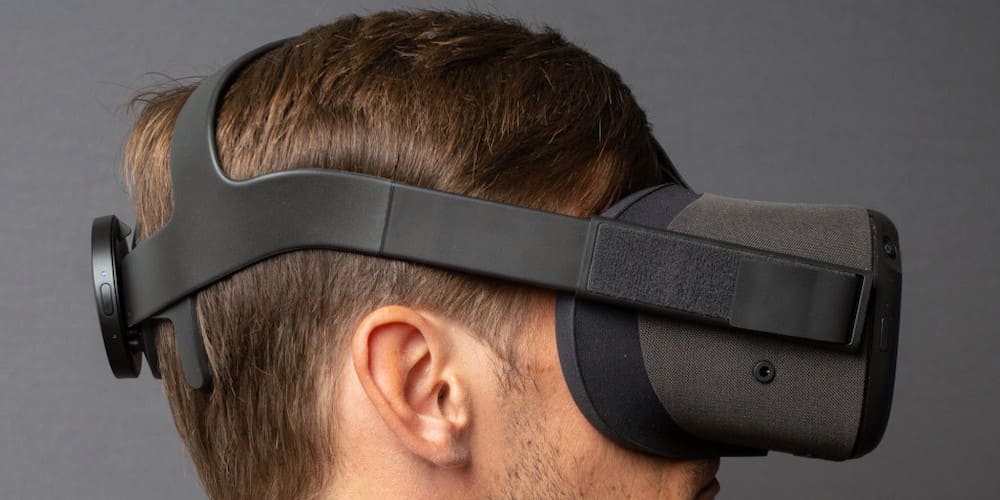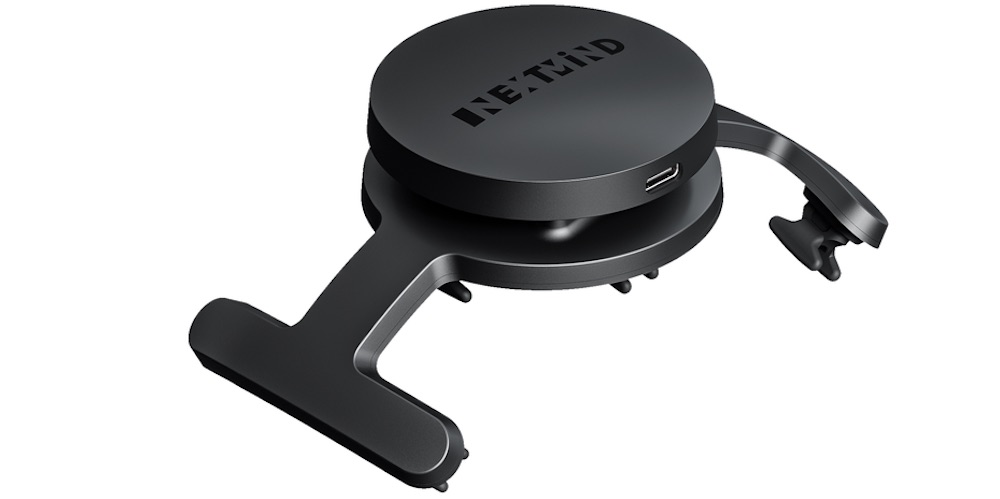
The Paris startup Nextmind working on a user-friendly interface brain-computer. The developer kit will be presented at CES 2020 and will be released in the second half of the year and is expected to cost only $ 400. The first demonstration is impressive.
The non-invasive device weighs 60 grams and is worn in the form of a small disk on his head. Eight electrodes, made of highly sensitive material in contact with the head, like a comb, and measure brain activity.
First, the user needs to focus on a bright visual object that creates a machine-decodable pattern of brain waves in the brain. Narasingampatti between the focused object and the corresponding brain waves are used to transfer visual attention in computer commands.
With AI that is constantly being studied, the more often you use the device, the more it happens. The following video illustrates this principle.
A convincing demonstration
Venturebeat was able to test the technology using a few demonstrations. In the first phase the software was calibrated for this tester was to focus on repeatable pattern green triangle on the screen. After a few minutes the device has formed a neural profile.
In subsequent demonstrations, the tester was able to control the TV, in which he drew attention to the green triangles. In the second demo he was running a simple jumping game, using the same principle. In the third demonstration, he played a modified version of the classic Duck Hunt NES and shooting ducks in a highly visual focus. The demo is not perfect, but the technology works, sums up the tester.
After further training, the editor tested the demo version of VR-game and showed the alien brain with a visual focus (see video below).

The greatest limitation currently applies to hardware, said Venturebeat CEO Led Code. However, the startup is working on even more precise and smaller versions.
The developer kit will be sent to selected developers and partners this month. After the early access period of the second tranche of equipment should be sent to developers in the second quarter of 2020.
Using the development kit Nextmind has two objectives: on the one hand, more data is collected, and on the other hand, tested a new application. For example, manufacturers of automobiles with self-driving want to install the electrodes in the seat to activate the comfort function of the vehicle using only brain signals.
Another scenario could be a brain computer interface for AR glasses that can complement control using eye tracking, gestures and speech. For this purpose, Facebook bought a startup CTRL-Labs, which works on a similar interface, which intercepts electric control signals from the brain in the form of a bracelet and translates it into computer commands using AI.
Nextmind was founded in the year 2017, a neuroscientist sid Code. Currently, the startup employs 15 people in areas such as hardware and software, machine learning, and game development.
Source








